儿童和青少年保育学士(荣誉学位)
Bachelor of Child and Youth Care (Honours)

学历文凭
Bachelor Degree with Honours

专业院系
Department of Social and Community Services

开学时间

课程时长

课程学费

国际学生入学条件
IDP—雅思考试联合主办方

雅思考试总分
6.5
- 雅思总分:6.5
- 托福网考总分:84
- 托福笔试总分:560
- 其他语言考试:PTE - 58 - 60
CRICOS代码:
申请截止日期: 请与IDP联系 以获取详细信息。
课程简介
Humber’s Bachelor of Child and Youth Care degree program provides you with the knowledge and skills required for in-depth work with children, youth and families. The program is based on the professional practice of child and youth care supported by the disciplines of psychology, sociology, disability studies, community development, political science and education. The curriculum focuses on the theory and research of relational practice: building relationships to support children and youth in crisis or going through experiences of challenge and change. You will learn from highly qualified professors, as well as from guest lecturers from the field of child and youth care or community members with lived experiences. You’ll have the unique opportunity to develop key practice skills through faculty supervision in our state-of-the-art interview labs and our therapeutic play lab designed as a children’s activity room and space to support family practice. Your courses will integrate the study of developmental, preventative and therapeutic approaches in child and youth care and will teach you direct practice methods such as interviewing and counselling, responding to abuse, therapeutic play, and other intervention modalities taught from a strength-based perspective and within a caring, anti-oppressive and anti-racist framework.
相关申请
 预科
预科 奖学金
奖学金 实习机会
实习机会 在校学习
在校学习 跨境学习
跨境学习 校园授课-线上开始
校园授课-线上开始 在线/远程学习
在线/远程学习
开学时间&学费
学费信息仅供参考,请与IDP联系以获取详细信息
| 开学时间 | 时长 | 学费 | 地点 |
|---|
关于汉博学院

汉博理工学院位于加拿大多伦多市,50多年来一直是国际知名的以职业为导向的教育机构。学院拥有三个先进的校区,是加拿大最大的理工学院之一,拥有超过86000名学生,其中包括超过10000名国际学生。学院提供将课堂学习与实践经验相结合的课程,将当前的行业趋势和解决问题的技能融入其多样化的课程体系中。多伦多是加拿大最大的城市,拥有300万人口,是重要的国际留学目的地。它拥有加拿大最大、最繁忙的机场,吸引着来自世界各地的学生。原因显而易见,多伦多是北美生活质量第三佳城市(《经济学人智库》2023年宜居指数),也是全球第二安全的城市(《经济学人智库》2021年安全城市指数)。汉博理工学院的课程设置围绕五大核心价值观:勇气、创新、公平、健康与福祉以及可持续性。这些价值观引领着学校的使命,即为每位学生提供高质量的教育以及包容和支持性的环境,使他们能够充分发挥学术、个人和职业潜力。
本校相关课程
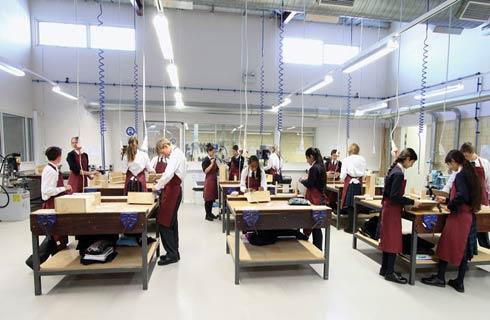
印刷和网络图形设计成就证书
学历文凭
Bachelor Degree
开学日期
课程费用总额

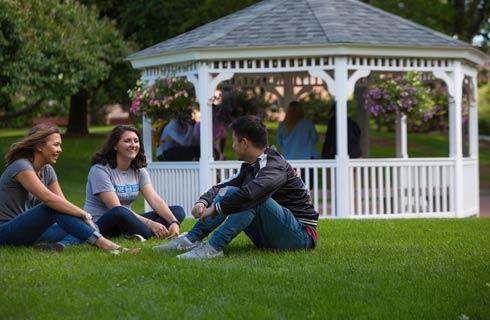
平面设计高级文凭
学历文凭
Bachelor Degree
开学日期
课程费用总额

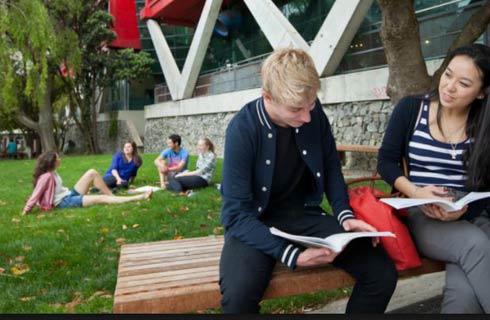
摄影文凭
学历文凭
Bachelor Degree
开学日期
课程费用总额

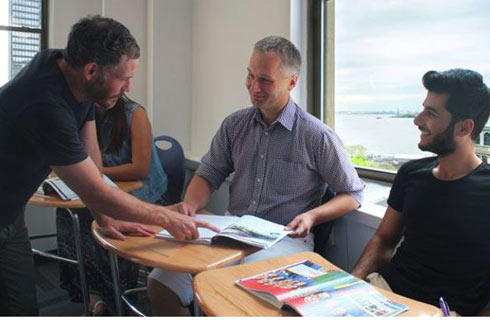
广播文凭-广播
学历文凭
Bachelor Degree
开学日期
课程费用总额

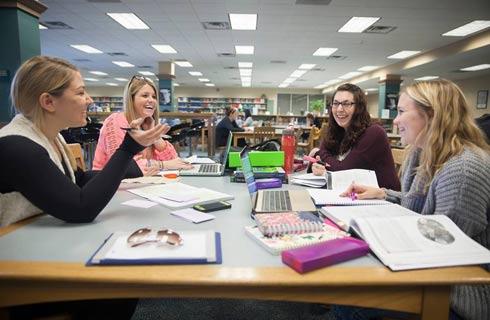
广播电视/录像学文凭
学历文凭
Bachelor Degree
开学日期
课程费用总额

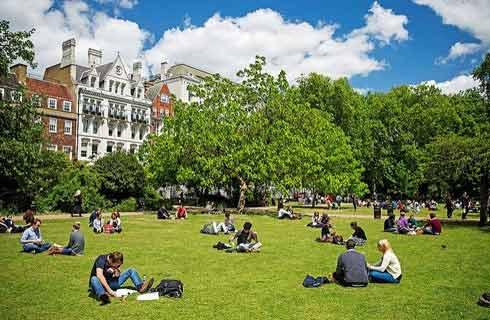
广告与平面设计大专文凭
学历文凭
Bachelor Degree
开学日期
课程费用总额

其他相关课程
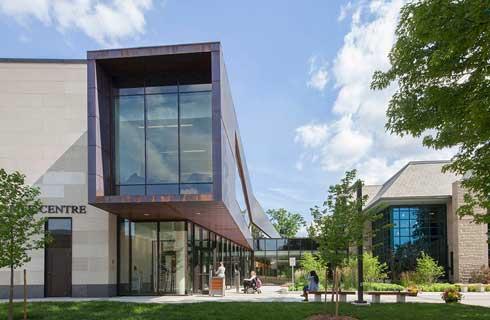
荣誉儿童发展学士
 圣力嘉学院
圣力嘉学院学历文凭
Bachelor Degree with Honours
开学日期
课程费用总额

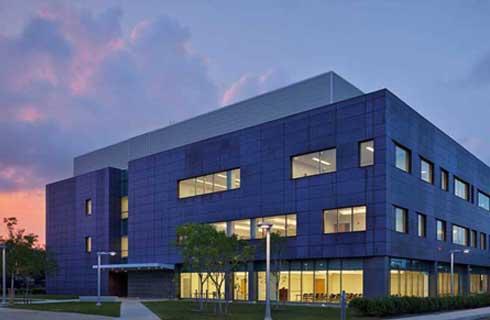
儿童和青少年保健高级文凭
 尼亚加拉学院
尼亚加拉学院学历文凭
Bachelor Degree
开学日期
课程费用总额

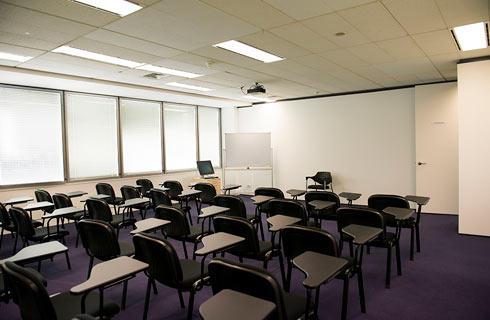
儿童和青少年保健高级文凭
 凯布莱恩学院
凯布莱恩学院学历文凭
Bachelor Degree
开学日期
课程费用总额

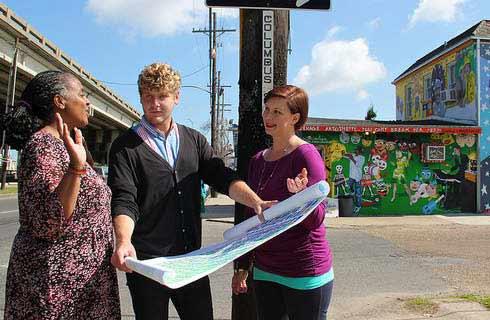
社区服务和儿童研究基金会证书
 德恒学院
德恒学院学历文凭
Bachelor Degree
开学日期
课程费用总额


社会工作学士-儿童福利
 菲莎河谷大学
菲莎河谷大学学历文凭
Bachelor Degree
开学日期
课程费用总额


儿童福利证书
 北不列颠哥伦比亚大学
北不列颠哥伦比亚大学学历文凭
Bachelor Degree
开学日期
课程费用总额










